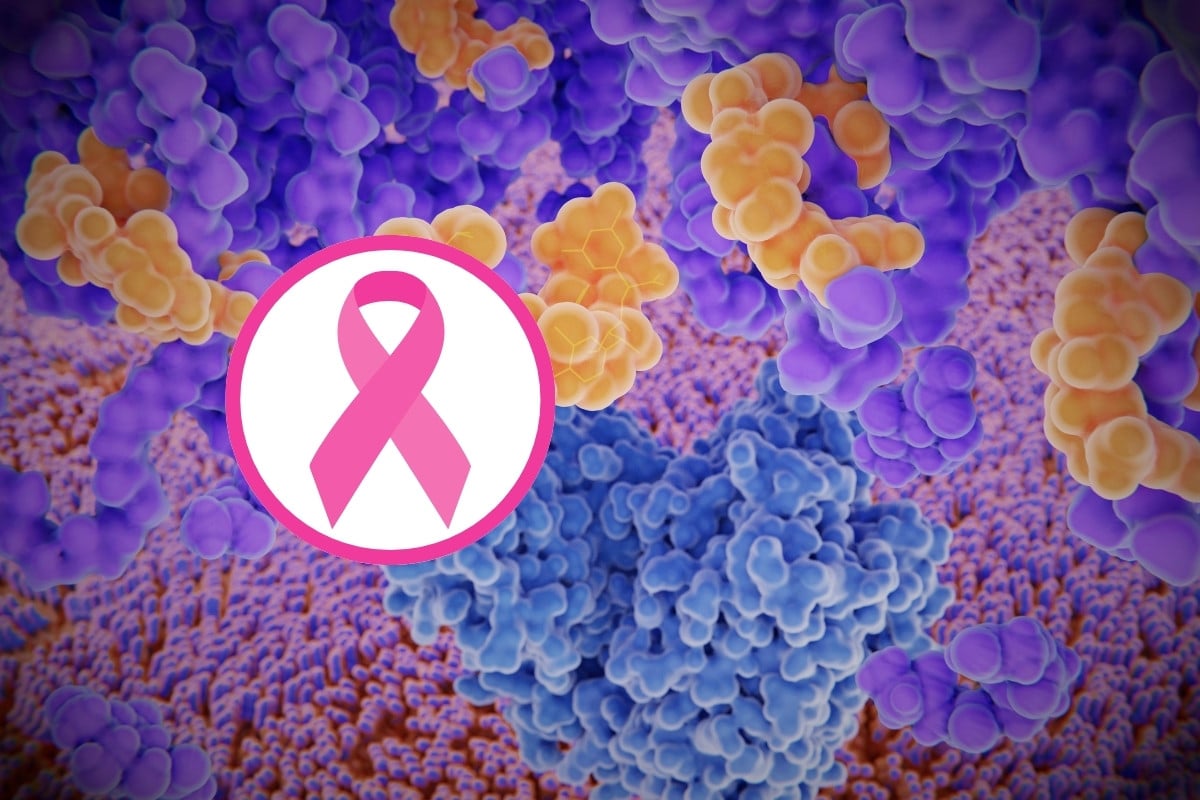New peptide with hope of treating triple-negative breast cancer

A study in Molecular Cancer Therapeutics outlines a new therapeutic peptide that slows cancer growth by disrupting tumour cells’ spread. The therapy targets triple-negative breast cancer, a deadly disease indication with few treatment options available.
RELATED:
- Trends and Challenges in Peptide Bioanalysis and Production
- The Future of Peptide Chemistry and Sustainability
- Peptide Characterisation Methods and Impurity Detection
The treatment that they have developed, dubbed aCx26-pep, is a peptide based therapy: a molecule made of short strings of amino acids.
Researchers at the Cleveland Clinic, Ohio carried out the preclinical study, who In 2018, discovered a protein complex unique to triple-negative breast cancer. Furthering their discovery, the team developed a peptide to target this complex.
The peptide that the team developed sought to mimic part of a protein called connexin 26 which combines with two other proteins FAK and NANOG to form the aforementioned protein complex.
By imitating connexin 26’s interaction region, the Cleveland Clinic’s peptide was able to bind to FAK and NANOG and disrupt triple-negative breast cancer cells from spreading throughout the body. Furthermore, the peptide also disrupted cancer stem cells’ ability for self-renewal, which allows them to multiply and become resistant to treatment.
Lead author Erin Mulkearns-Hubert, a Research Associate and Instructor at the Cleveland Clinic, said in Drug Target Review:
“The peptide’s design was actually relatively straightforward and worked beautifully, slowing tumour growth in preclinical models…Triple-negative breast cancer remains an incredibly difficult tumour type to treat, so developing and verifying strategies like this peptide’s design is critical to moving forward.”
The research has come out of the Ofer Reizes Lab at Cleveland, led by Ofer Reizes, The Laura J. Fogarty Endowed Chair for Uterine Cancer Research. They have said that this represents a novel way of treating triple-negative breast cancer, which is notoriously difficult to tame.
Reizes said to Drug Target Review: “It’s devastating that we currently have such limited options to help people with triple-negative breast cancer…We want our results to offer hope for these patients and their families and serve as a starting point to get more treatments into the development pipeline.”
The team are now investigating the possibility of translating their findings to the clinic.
Related Resources







